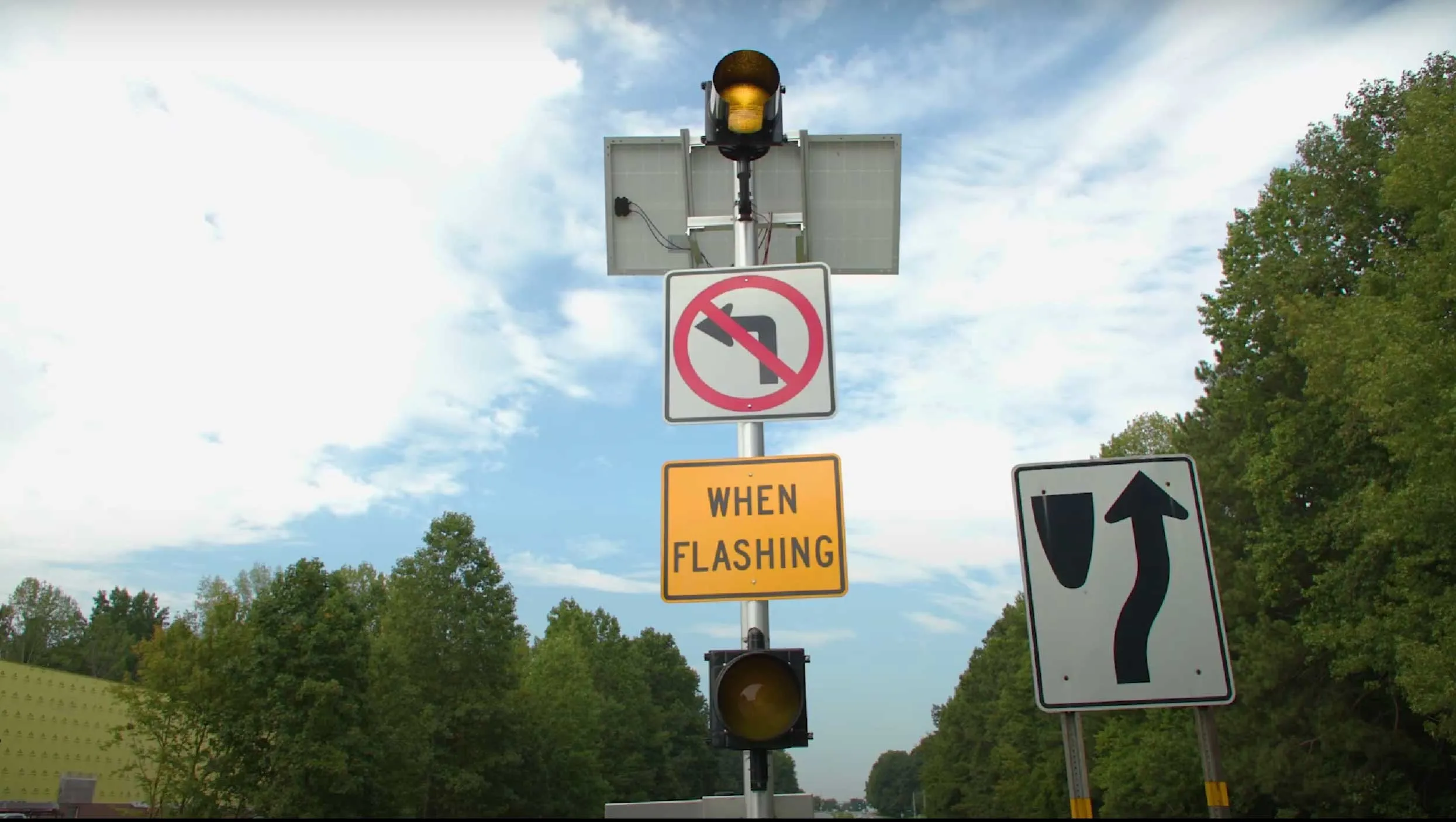The Iowa Department of Transportation has developed proposed administrative rules to govern implementation and placement of automated traffic enforcement systems on the primary highway system. The proposed rules will cover both fixed and mobile speed and red light enforcement camera systems.
Adoption of rules for automated traffic enforcement will provide local governmental agencies with a defined process for documenting a critical traffic safety issue at a specific location and implementing the warrant
October 3, 2013
Read time: 2 mins
The 7511 Iowa Department of Transportation has developed proposed administrative rules to govern implementation and placement of automated traffic enforcement systems on the primary highway system. The proposed rules will cover both fixed and mobile speed and red light enforcement camera systems.
Adoption of rules for automated traffic enforcement will provide local governmental agencies with a defined process for documenting a critical traffic safety issue at a specific location and implementing the warranted traffic safety solution(s). Paul Trombino, Iowa DOT director said, “Our belief is that automatic traffic enforcement systems should be used as a last resort after other safety measures have been exhausted.
“Safety on Iowa’s transportation system is the Iowa DOT’s number one priority. Automated traffic enforcement systems need to be implemented in ways that enhance safety on the roadways. The rules will ensure placement does not cause unnecessary distractions or obstructions for motorists that could cause unsafe situations.”
Adoption of rules for automated traffic enforcement will provide local governmental agencies with a defined process for documenting a critical traffic safety issue at a specific location and implementing the warranted traffic safety solution(s). Paul Trombino, Iowa DOT director said, “Our belief is that automatic traffic enforcement systems should be used as a last resort after other safety measures have been exhausted.
“Safety on Iowa’s transportation system is the Iowa DOT’s number one priority. Automated traffic enforcement systems need to be implemented in ways that enhance safety on the roadways. The rules will ensure placement does not cause unnecessary distractions or obstructions for motorists that could cause unsafe situations.”









